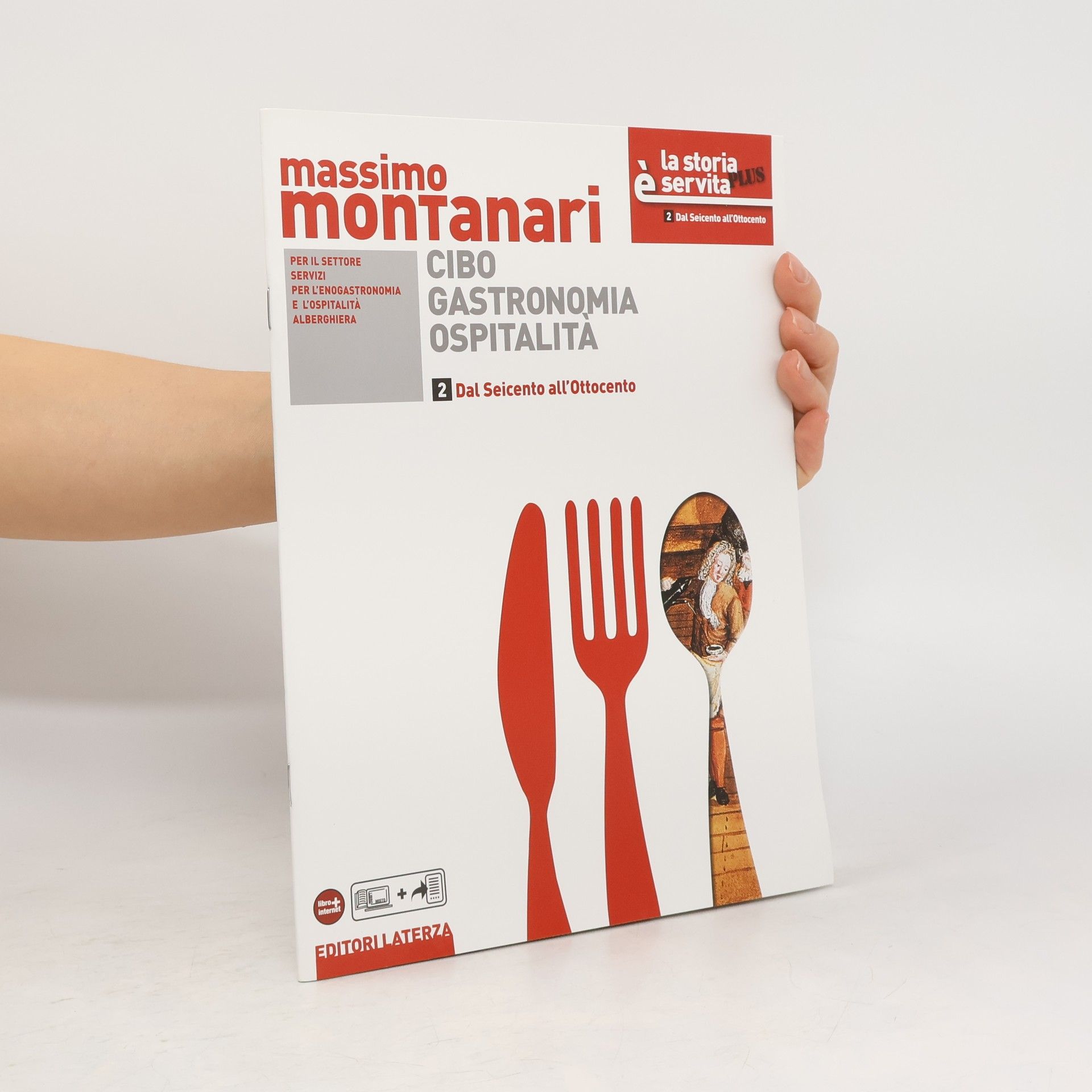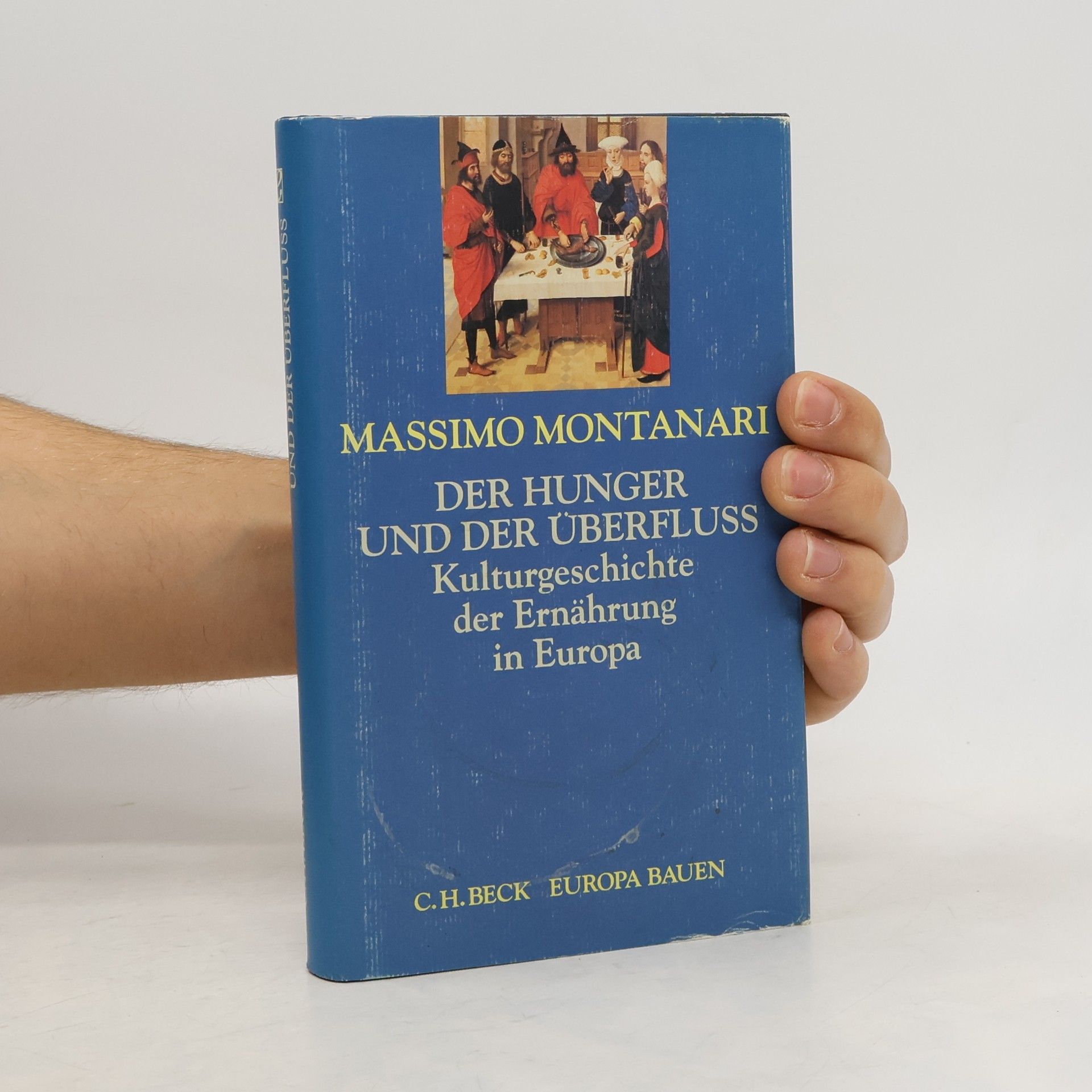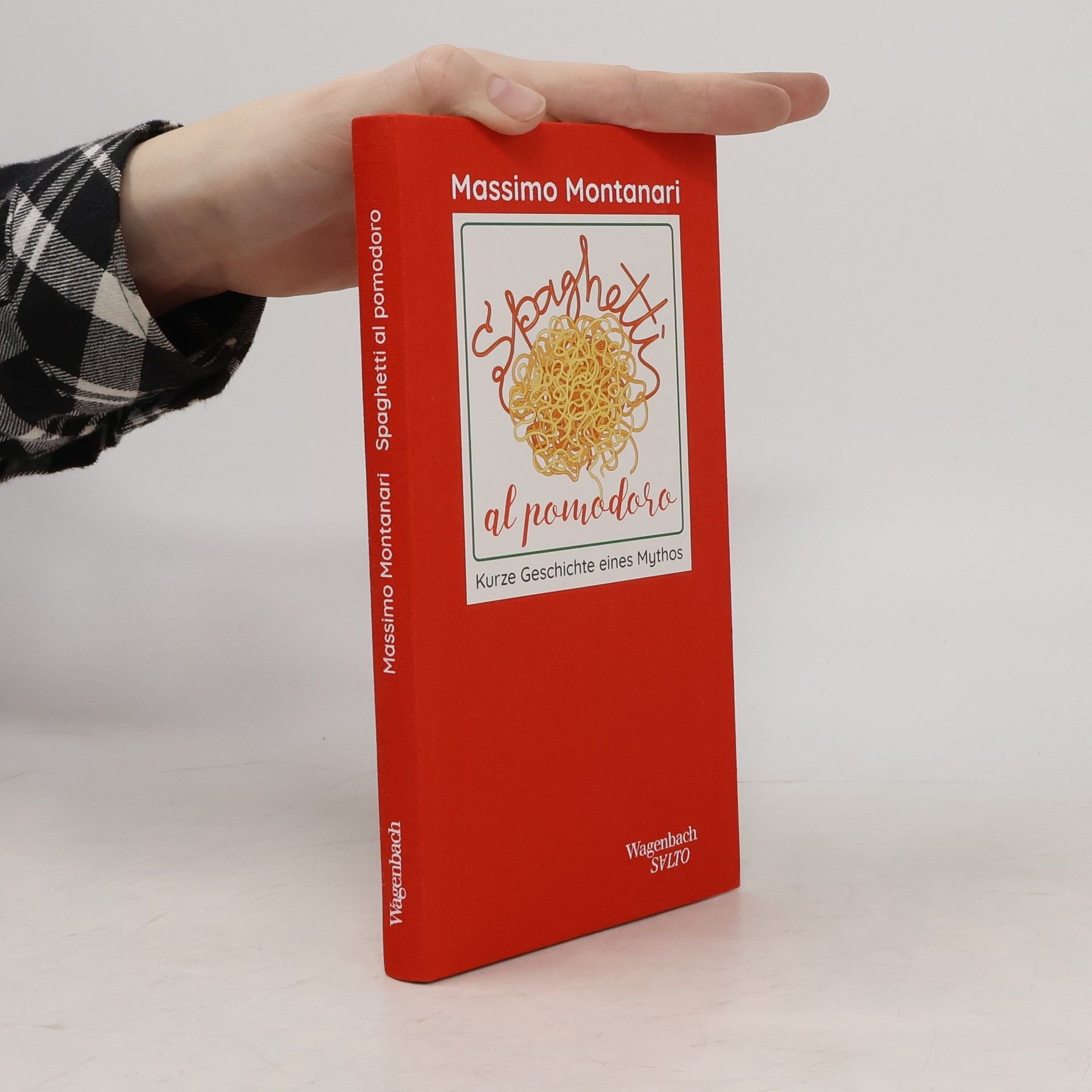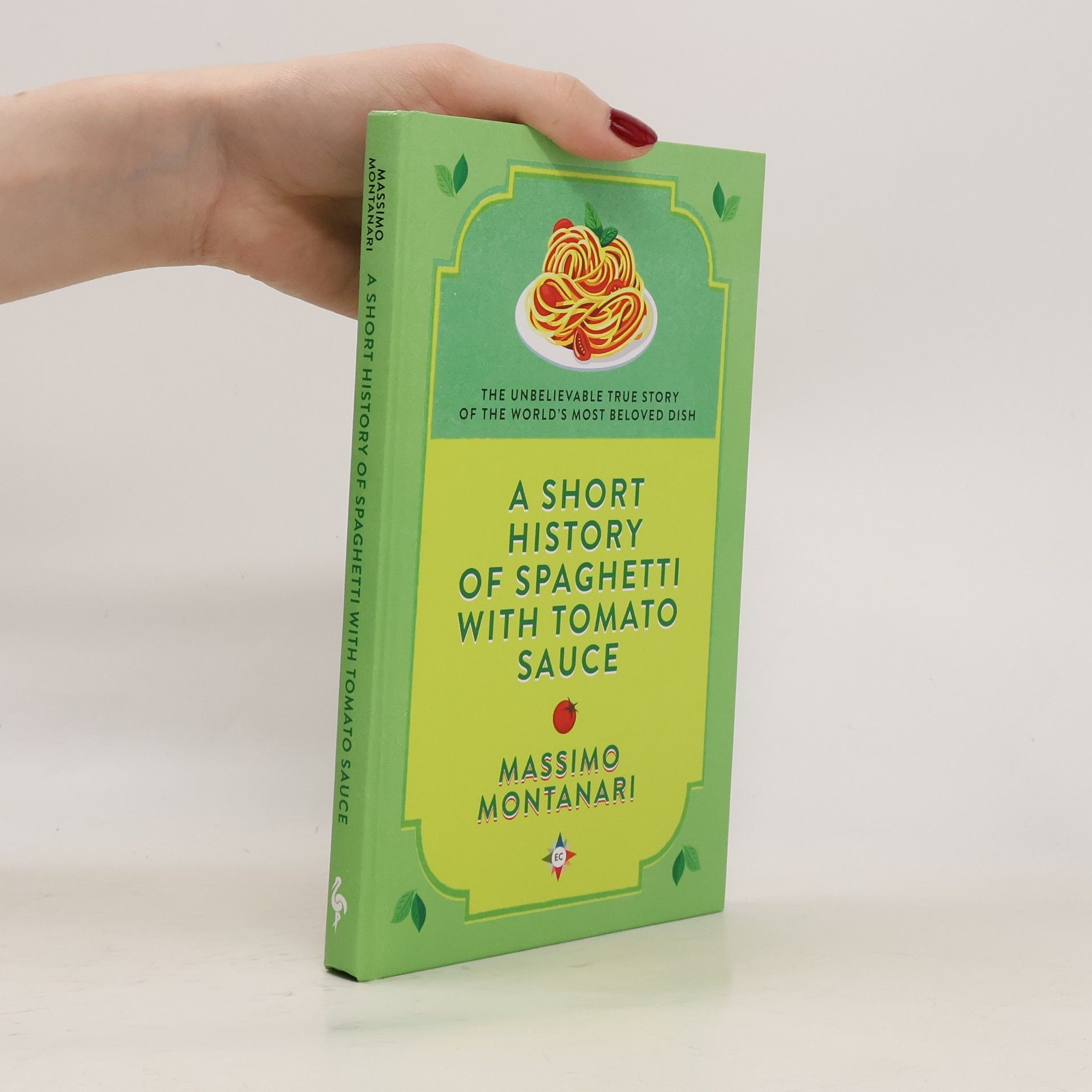Encyklopedie středověku
- 935 stránek
- 33 hodin čtení
Tento výkladový slovník je rozsahem i pojetím ojedinělým pokusem představit epochu středověku v celé její šíři a plasticitě. Každé z více než osmi desítek hesel je samostatným esejem.







Tento výkladový slovník je rozsahem i pojetím ojedinělým pokusem představit epochu středověku v celé její šíři a plasticitě. Každé z více než osmi desítek hesel je samostatným esejem.
Prostřednictvím událostí spjatých se stravou, za nimiž se skrývají výrazné symbolické hodnoty, nás Montanari provází zásadními etapami evropské historie až do revoluce, která na prahu dneška rozvrátila tisícileté výrobní i spotřební modely. Ty však navzdory četným rozporům dál ovlivňují naše každodenní jednání.
Intellectually engaging and deliciously readable, a stereotype-defying history of how one of the most recognizable symbols of Italian cuisine and national identity is the product of centuries of encounters, dialogue, and exchange.Is it possible to identify a starting point in history from which everything else unfolds--a single moment that can explain the present and reveal the essence of our identities? According to Massimo Montanari, this is just a myth: by themselves, origins explain very little and historical phenomena can only be understood dynamically--by looking at how events and identities develop and change as a result of encounters and combinations that are often unexpected.As Montanari shows in this lively, brilliant, and surprising essay, all you need to debunk the "origins myth" is a plate of spaghetti. By tracing the history of the one of Italy's "national dishes"--from Asia to America, from Africa to Europe; from the beginning of agriculture to the Middle Ages and up to the 20th century--he shows that in order to understand who we are (our identity) we almost always need to look beyond ourselves to other cultures, peoples, and traditions.
Gibt es etwas, das typischer italienisch ist als Spaghetti al pomodoro? Elegant und aus seinem großen Forschungswissen schöpfend erzählt Massimo Montanari die Geschichte dieses Gerichts und räumt dabei mit all den kursierenden Halbwahrheiten und Vorurteilen auf. Wir erfahren, wie die Pasta als Variante des orientalischen Fladenbrots entstand, wie die Araber einen neuen Typ aus Hartweizen verbreiteten und in Sizilien schon im 12. Jahrhundert industrielle Fertigung eingeführt wurde (kein bisschen handgemacht von der Mamma). Und dass die getrocknete Pasta zwei Stunden gekocht wurde (von al dente keine Rede). Pfeffer und Hartkäse kommen ins Spiel, Tomaten in Form der »spanischen Sauce« auf den Teller, die Gabel auf den Tisch. Die Raffinesse zieht ein mit Peperoncino, Knoblauch und Zwiebel, die Farbe mit dem Basilikum. Und natürlich geht es auch ums Olivenöl – von dem jeder gern behauptet, das beste komme aus seiner Gegend. Montanari zeigt, wie das Lob des Herkunftsgebiets zu Intoleranz und Fanatismus führt und die Ursprünge der Pasta mystifiziert werden. Eine leicht genießbare, aber gehaltvolle und unterhaltsame Lektüre. Und die Ursprünge der Pasta in China? Fake news!